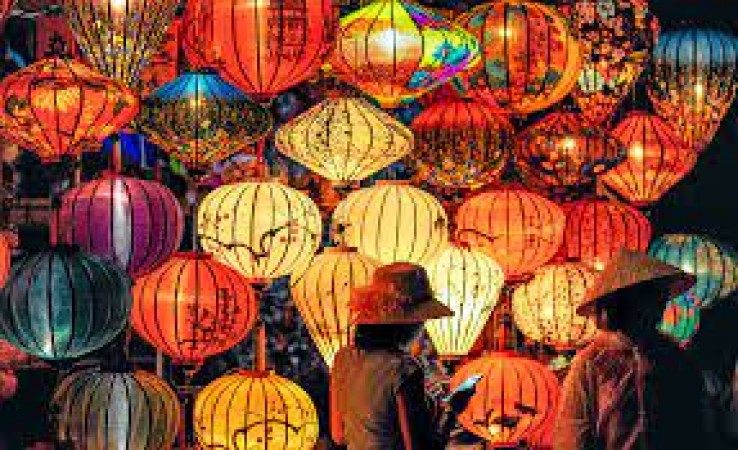
In a rapidly changing world, traditional cultures often find themselves in conflict with modernity. As societies progress and technological advancements reshape the way we live, the clash between preserving age-old customs and embracing modern practices becomes more pronounced. This article delves into the dynamics of this conflict, exploring its implications on individuals and communities. We will analyze the reasons behind the clash, the challenges it poses, and potential pathways towards reconciliation.
Understanding Traditional Culture and Modernity
Traditional culture refers to the customs, beliefs, rituals, and values passed down through generations. It is deeply rooted in history and often shaped by geographic and societal factors. On the other hand, modernity represents the current era characterized by rapid technological advancements, globalization, and shifting social structures. The clash between these two forces arises from the contrasting ideologies they embody.
The Clash of Values
The conflict between traditional culture and modernity arises due to changing social structures brought about by modern lifestyles. The influence of technology and globalization further accelerates this tension, as traditional practices may seem incompatible with the fast-paced and interconnected world.
Preserving Identity Amidst Change
Amidst the rapid changes, preserving cultural identity becomes a challenge. Striking a balance between embracing modernity and safeguarding traditions is essential to maintain a sense of belonging and continuity.
Interpersonal Relationships and Family Dynamics
Traditional gender roles, marriage practices, and parent-child relationships undergo transformation in the face of modernity. Understanding and reconciling these shifts are crucial for maintaining healthy social structures.
Economic Challenges
Traditional occupations face competition from modern industries, leading to economic difficulties for certain communities. Addressing these challenges while preserving traditional livelihoods is vital.
Religious and Spiritual Beliefs
The clash between religious traditions and modern practices requires open dialogue and understanding. Tolerance and coexistence pave the way for a harmonious society.
Language and Communication
Language is a carrier of culture, and its transformation in the modern world can lead to both opportunities and challenges. Preserving vernacular languages while embracing global communication is a delicate balance.
Education and Knowledge Transmission
Balancing traditional wisdom with modern education can enhance cultural understanding and appreciation. Integrating cultural education in schools helps instill a sense of pride and identity.
Cultural Appropriation and Commercialization
Respecting cultural heritage and protecting it from commercial exploitation are essential. Promoting responsible tourism and appreciation of traditional art can contribute positively.
Health and Lifestyle Choices
Traditional healing practices offer valuable insights, but the benefits of modern medicine cannot be ignored. Encouraging a blend of both can lead to comprehensive healthcare.
Urbanization and Rural Traditions
Migration to urban areas often results in the erosion of rural traditions. Reviving and promoting rural heritage can enrich modern societies.
Environmental Perspectives
Traditional ecological knowledge can offer sustainable solutions to environmental challenges. Integrating such practices with modern environmentalism can lead to a greener world.
Social Activism and Advocacy
Advocacy for cultural rights and empowering indigenous communities play a pivotal role in protecting traditional culture.
Cultural Exchange and Integration
Embracing diversity and promoting cultural exchange fosters mutual understanding and appreciation.
The Path Forward
Finding common ground through dialogue and compromise can bridge the gap between traditional culture and modernity. Embracing a hybrid identity allows for a harmonious coexistence. The conflict between traditional culture and modernity is a natural outcome of societal progress. By acknowledging the value of both, engaging in respectful conversations, and embracing diversity, societies can navigate this conflict and create a future that cherishes its roots while moving forward.
Balancing Act: The Conflict between India's Foreign Policies and National Interest
The Water Dilemma: Striking Harmony Between Disaster and Progress
Adapting to Progress: Navigating Challenges in Judicial Reform